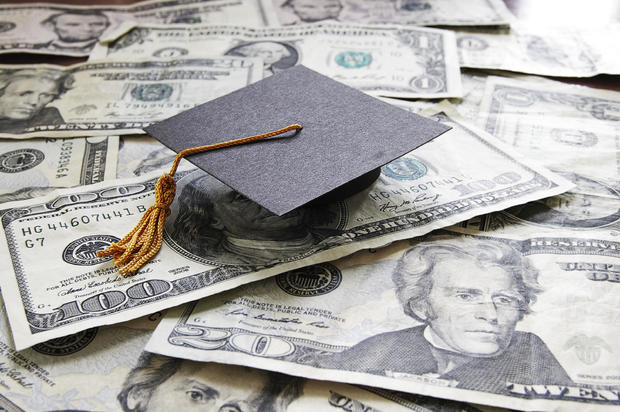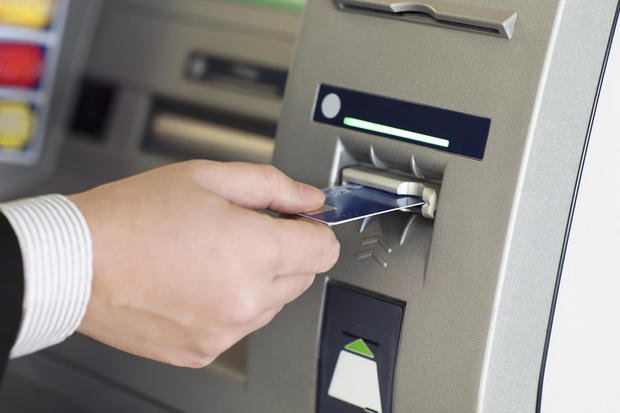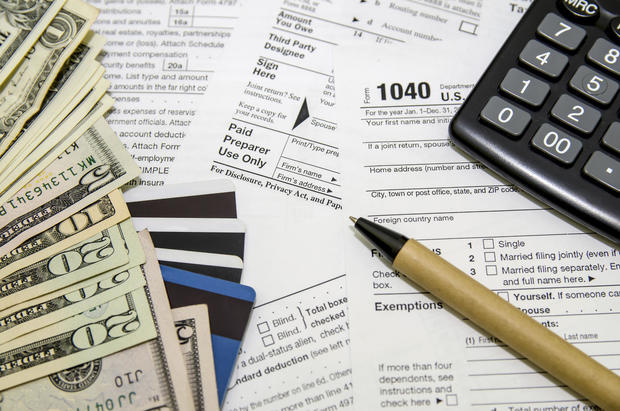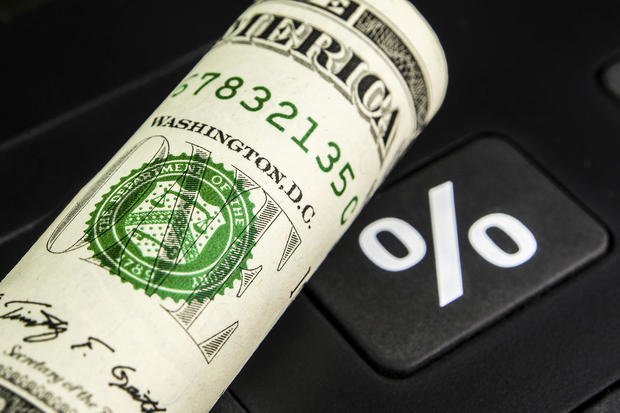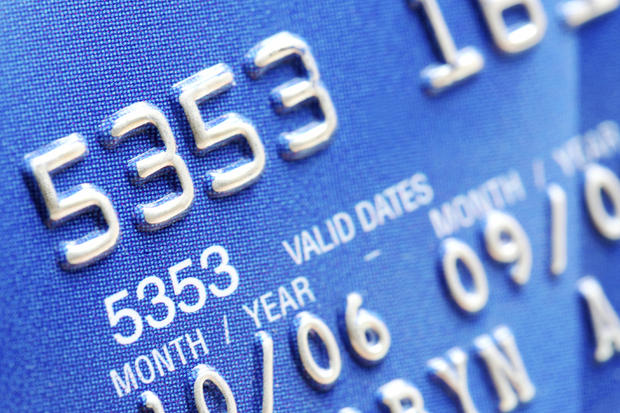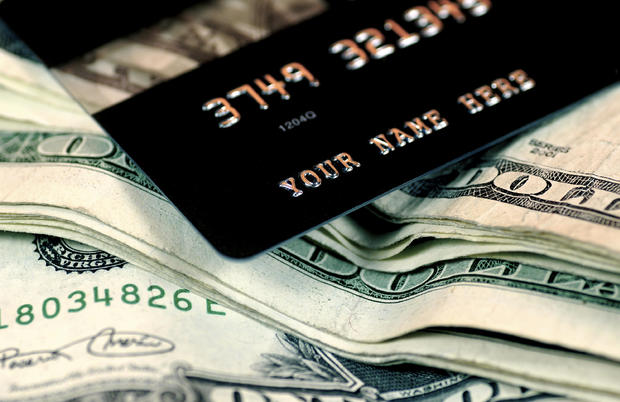7 times you shouldn't use your credit card
There are many great reasons that you might choose to use your credit card rather than other forms of payment. Credit cards can offer valuable rewards in the form of points, miles and cash back, and allow you to finance purchases over time. In addition, credit cards come with robust legal protections against fraudulent charges that can even cover you when you don't receive what you pay for.
On the other hand, there are still some times when you should re-consider using your credit card.
Here are seven of them.
1. Paying tuition
There are many ways to finance your degree, but incurring credit card debt shouldn't be one of them. Unlike student loans, credit card debt is never tax-deductible, and credit card annual percentage rates (APRs) are likely to be higher than those of student loans, which can often defer payment until after graduation.
Furthermore, many colleges will actually impose a processing fee on tuition payments charged to a credit card. If you are having trouble coming up with the money to pay for tuition, meet with your college's financial aid department and take a look at some other options.
2. Getting cash from an ATM
Another costly place to use your credit card is at an ATM. Most credit cards will impose a much higher cash advance APR on ATM withdrawals than the standard rate for purchases. In addition, cash advances aren't eligible to receive an interest-free grace period, so you will always have to pay interest charges.
Furthermore, most credit cards subject these transactions to an additional cash advance fee of 5 percent. Instead of using your credit card, consider using your debit card. Even when you have to pay a few dollars in ATM fees, it will almost surely be less than the combined total of cash advance fees and interest charges imposed by your credit card company.
3. Paying taxes
The IRS doesn't accept credit cards directly, but it does authorize third-party processors to accept payments on its behalf. Unfortunately, these companies will impose a minimum fee of 1.87 percent for credit card transactions, and possibly as much as 2.25 percent.
Therefore, these fees will likely be greater than the value of any rewards you earn from your credit card. And if you are using your credit card to finance an unpaid tax liability, you may be able to get better rates from the IRS itself. Speak with your tax adviser to learn about the payment plans offered by the IRS. And if you are using a credit card just for the convenience of paying online, use a debit card instead as it will just incur a flat fee of about two or three dollars, not a percentage of the amount paid.
4. Making a purchase just to earn rewards
Credit card rewards can be incredibly valuable, but if you find yourself making purchases just to earn rewards, then you should put your cards away. Even the most valuable rewards are just a percentage of the cost of making an unnecessary purchase. In fact, it's not a good idea to use credit cards any time that rewards become a factor when choosing whether or not to make a purchase.
5. When you have to pay foreign transaction fees
Many credit cards will impose a 3 percent foreign transaction fee on all charges processed outside of the U.S. This charge can cost you when you're traveling outside of the United States, or making a purchase from a foreign company. When your credit card charges those fees, you still have a few options. You can use a different form of payment such as cash, or your can choose from one of the growing number of debit and credit cards that no longer imposes foreign transaction fees.
6. Wherever there’s a credit card surcharge
There are many places where you might get assessed an additional charge just for using your credit card. Even when credit cards surcharges at retailers are not permitted by state laws, these charges can often be imposed by government agencies and even regulated utilities. So if you have to pay a surcharge to register your vehicle or pay an electric bill with your credit card, you can save money by using a different form of payment.
7. When you get a cash discount
Where credit card surcharges are prohibited, some retailers may offer cash discounts instead. In most cases, a cash discount will be worth more to you than any credit card rewards you might have earned.
Remember, it's important to read the terms and conditions of any credit card you are considering before signing up, so you know what fees or APRs certain purchases may be subject to. And, if you're in the market for some new plastic, you may want to check your credit to see if you're likely to qualify. You can do so by viewing two of your credit scores for free each month on Credit.com.

